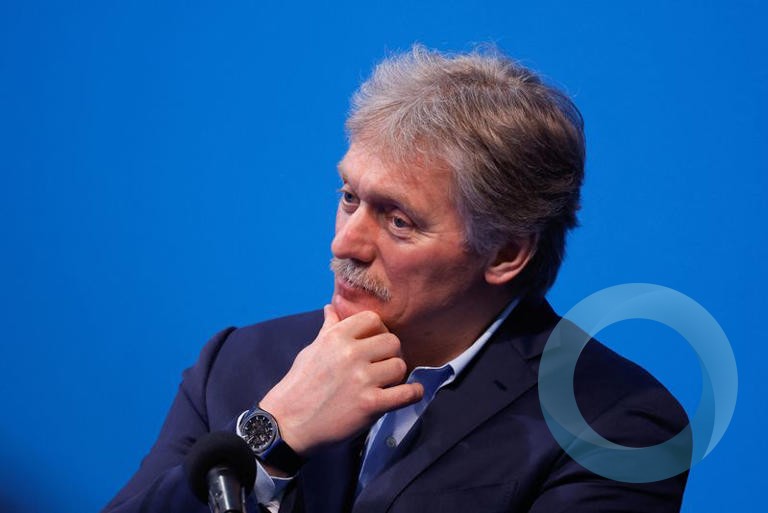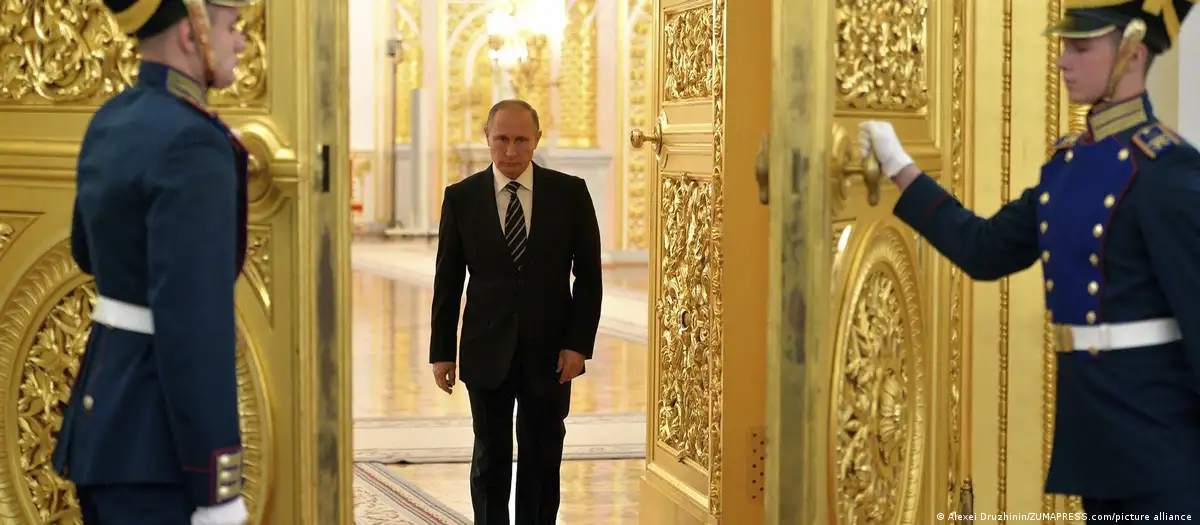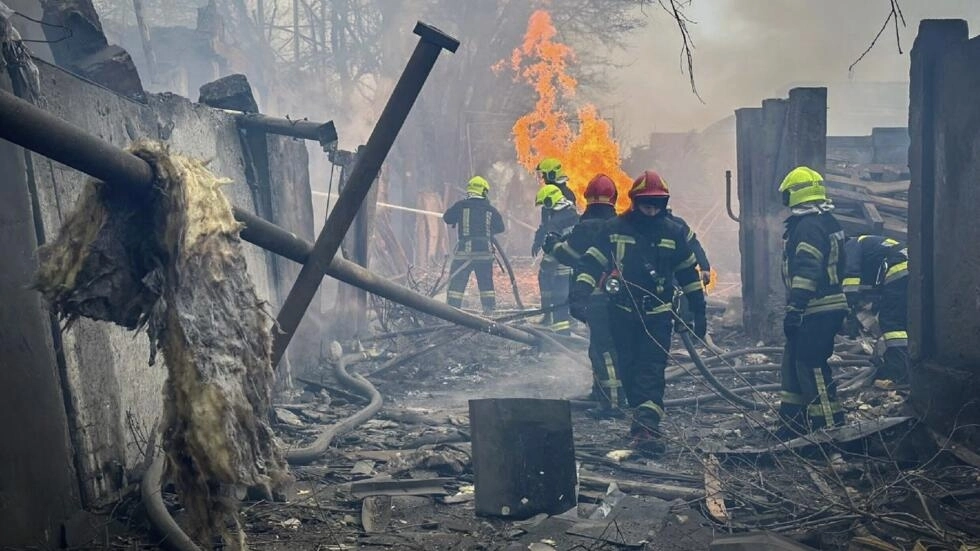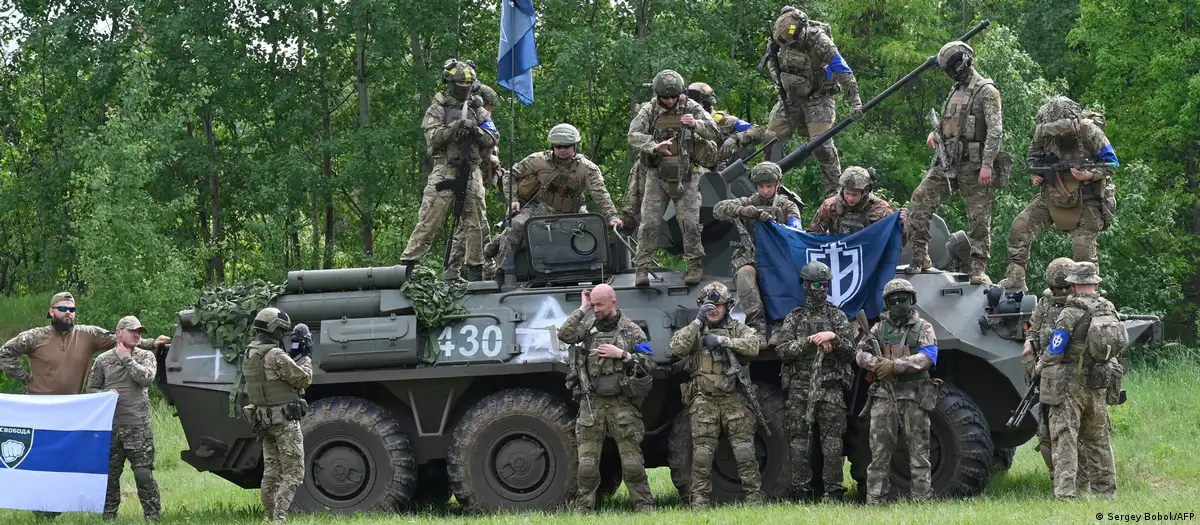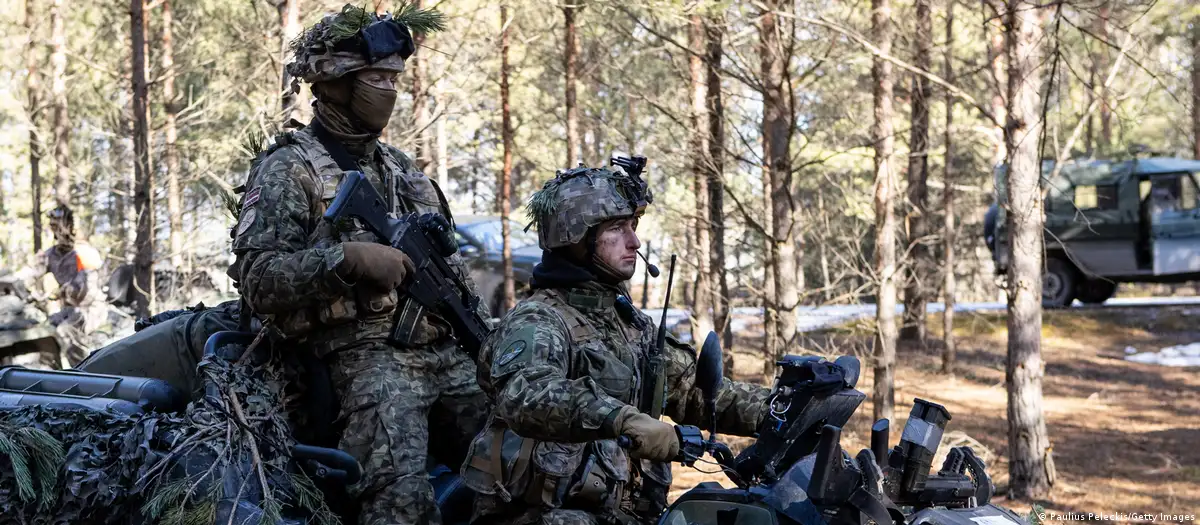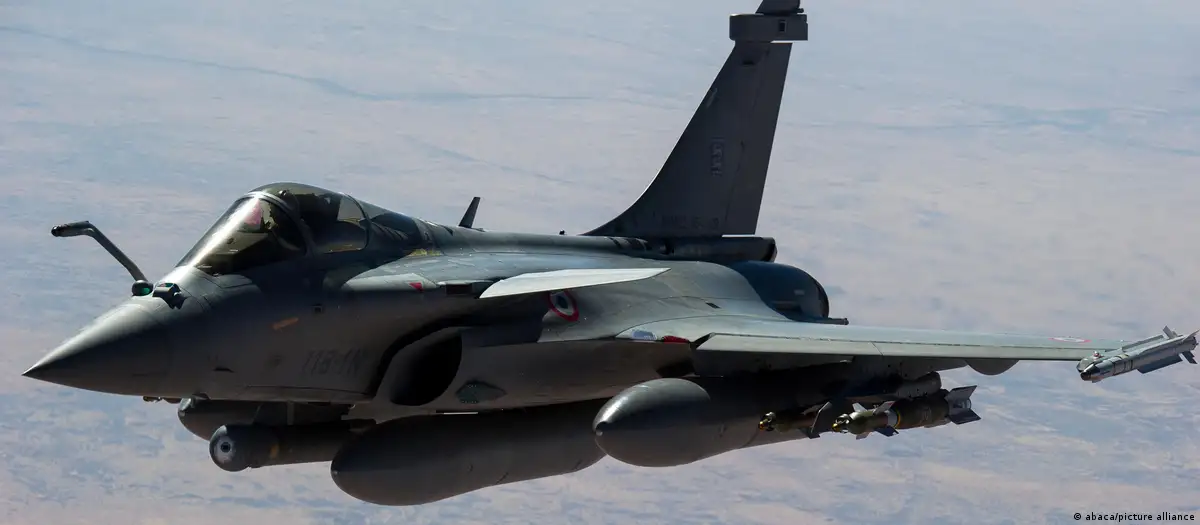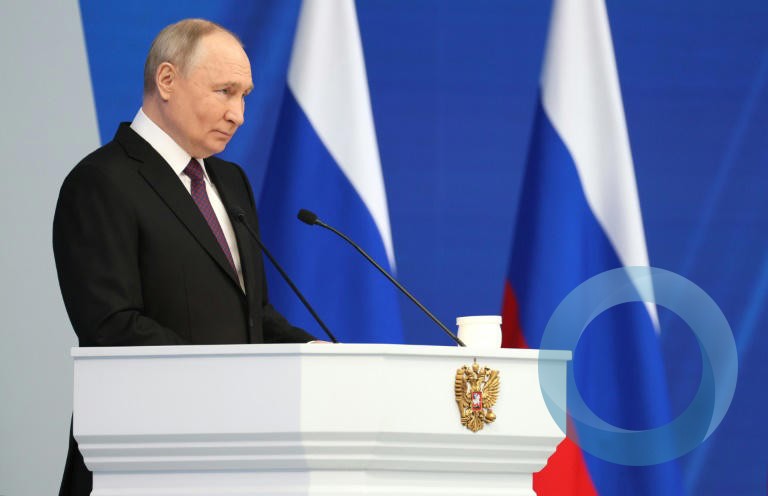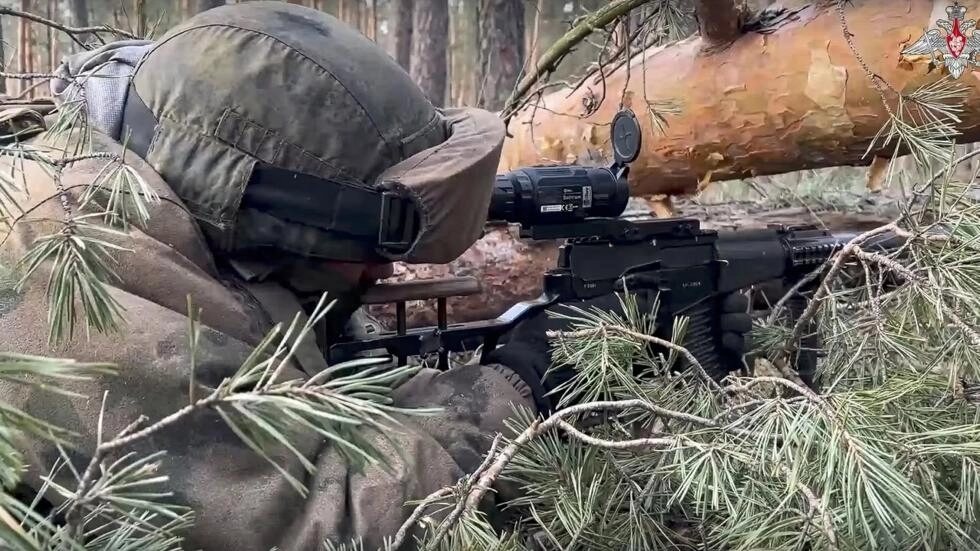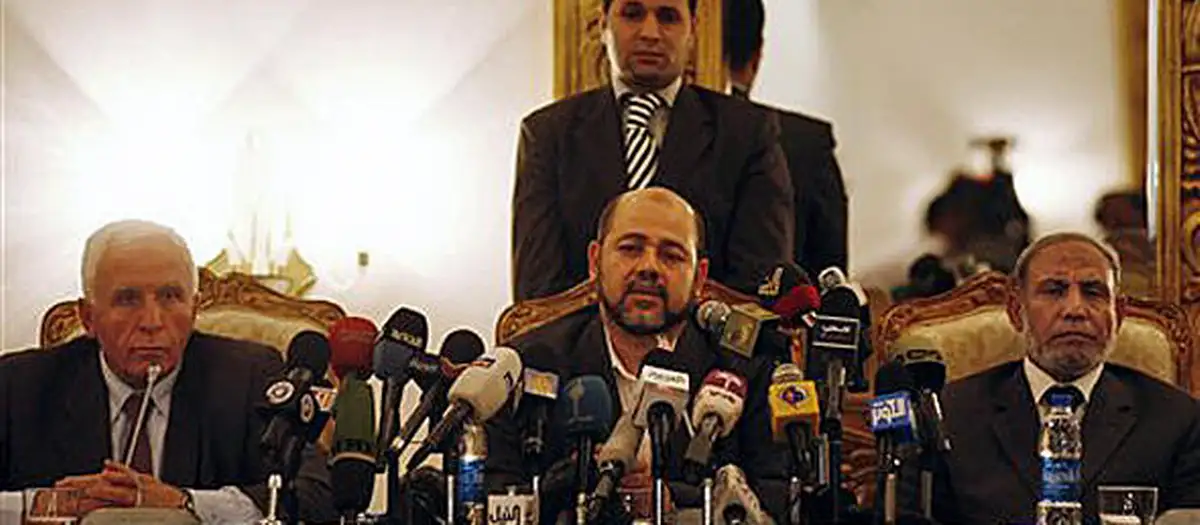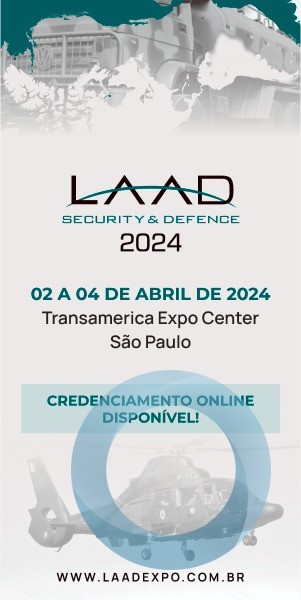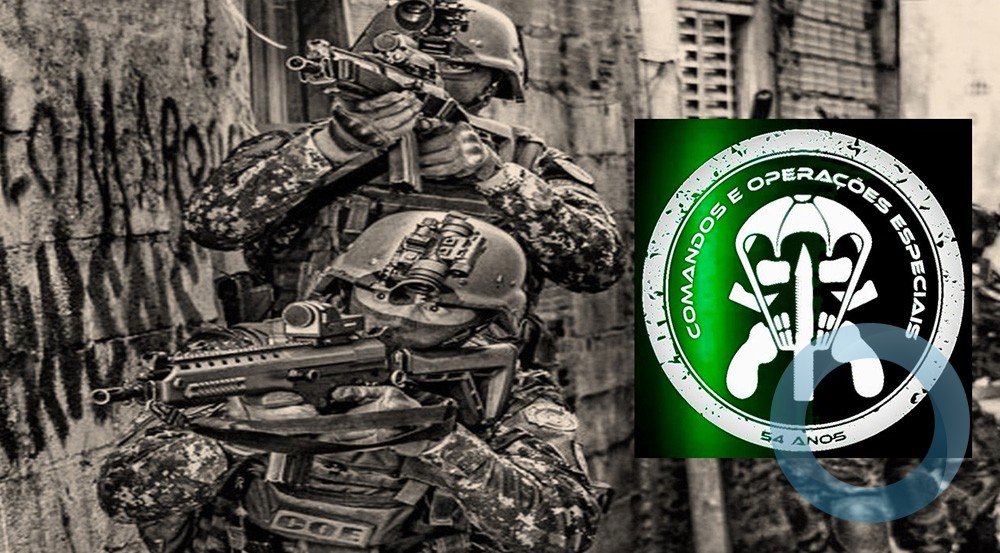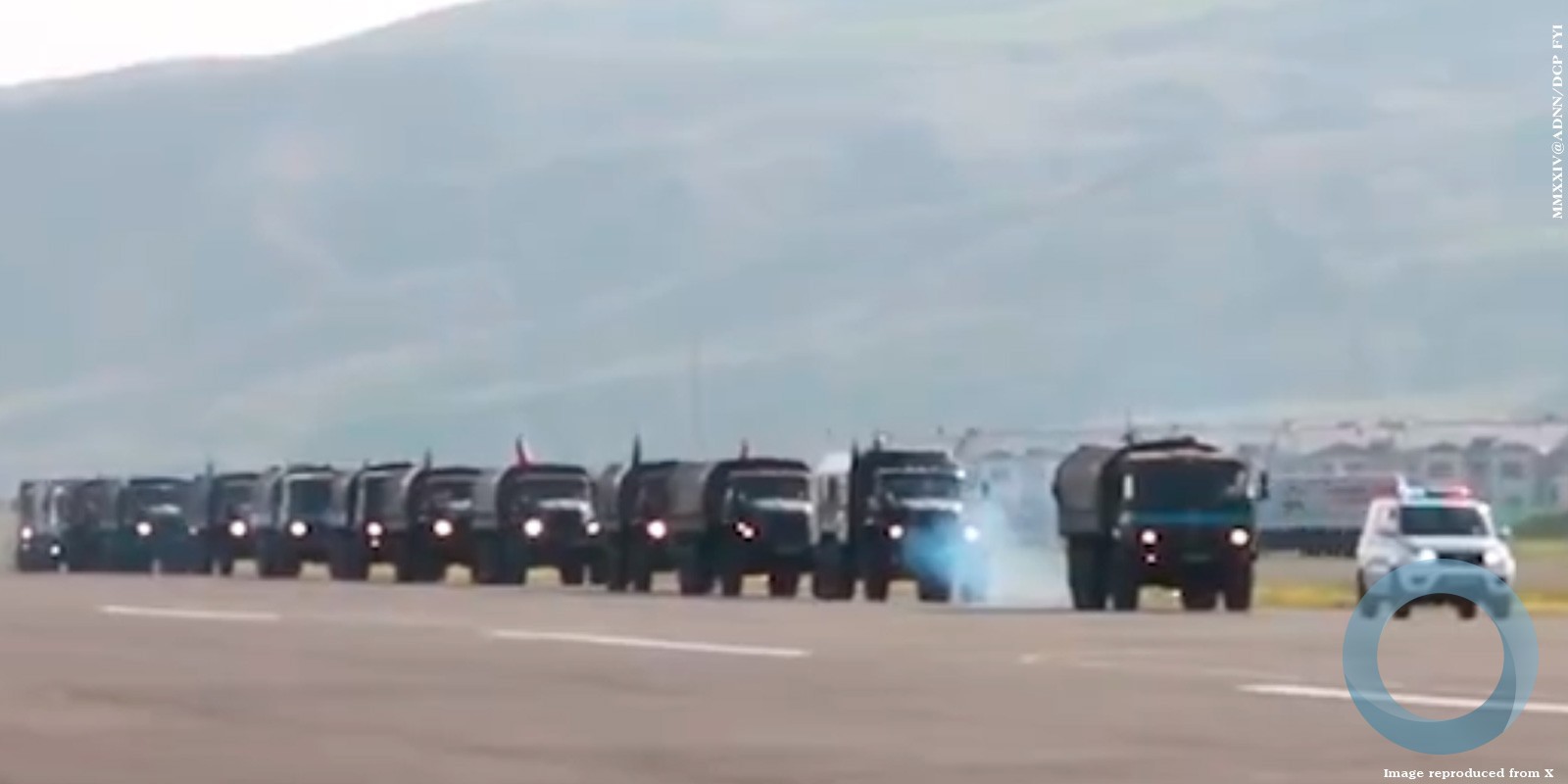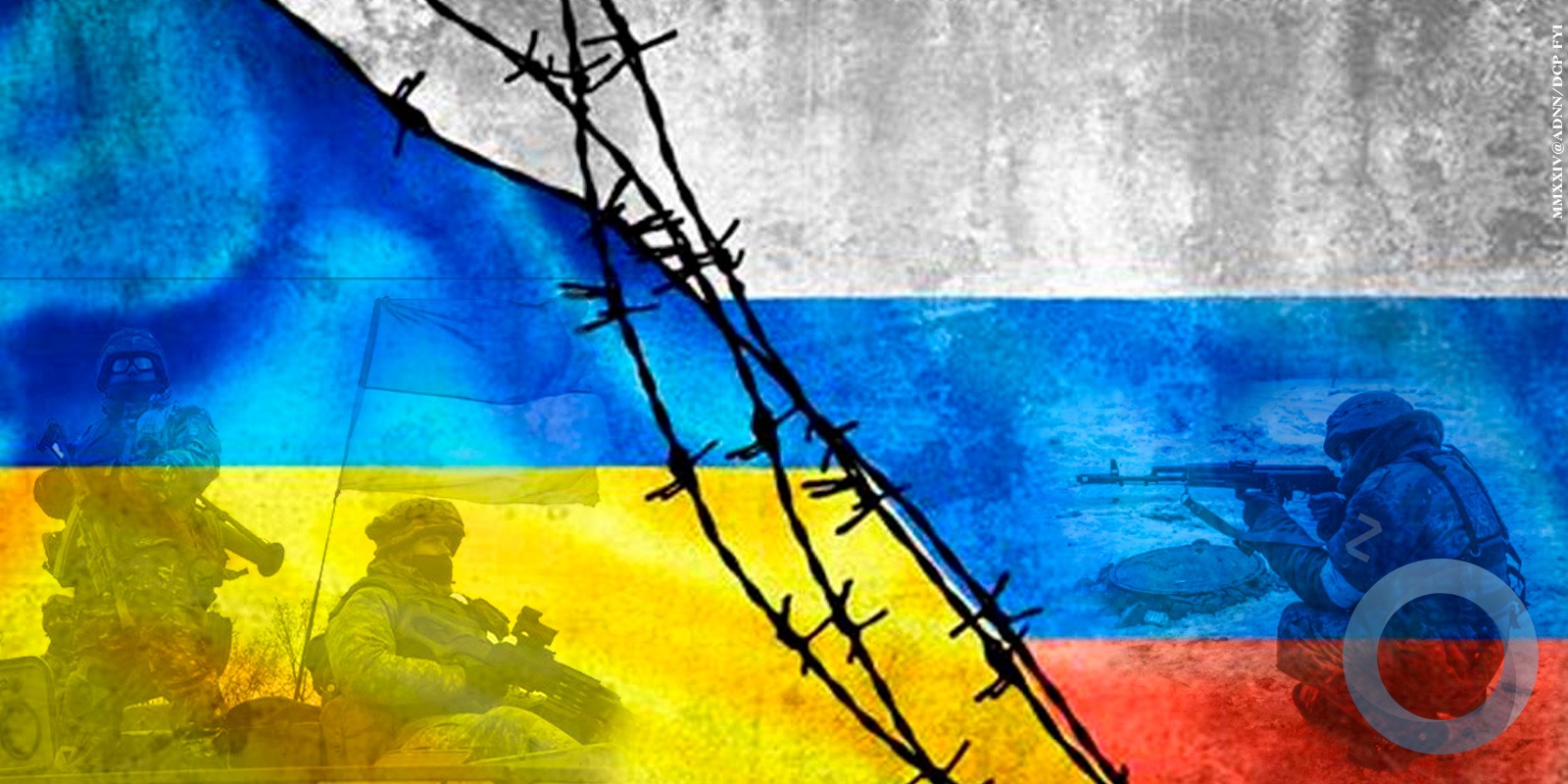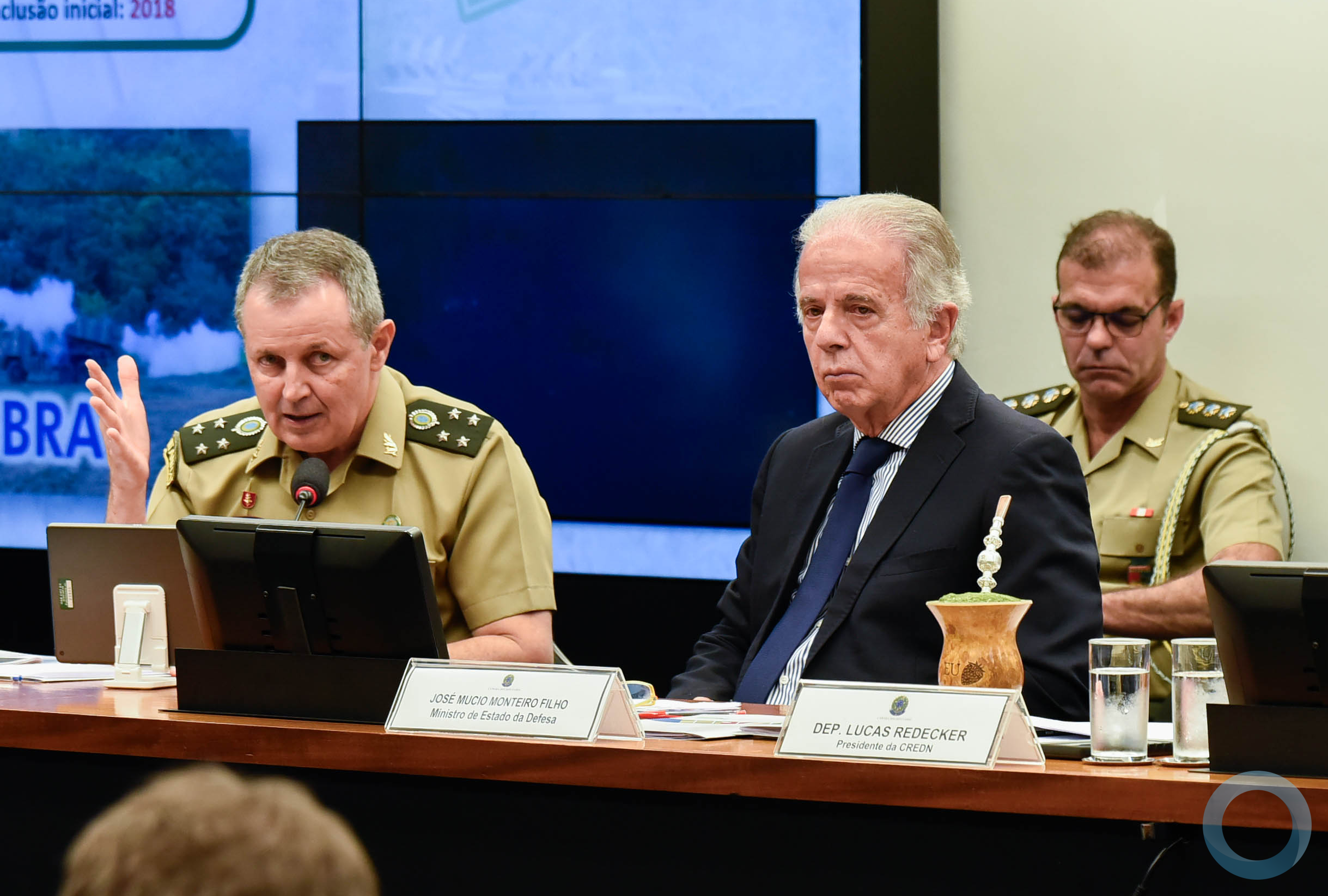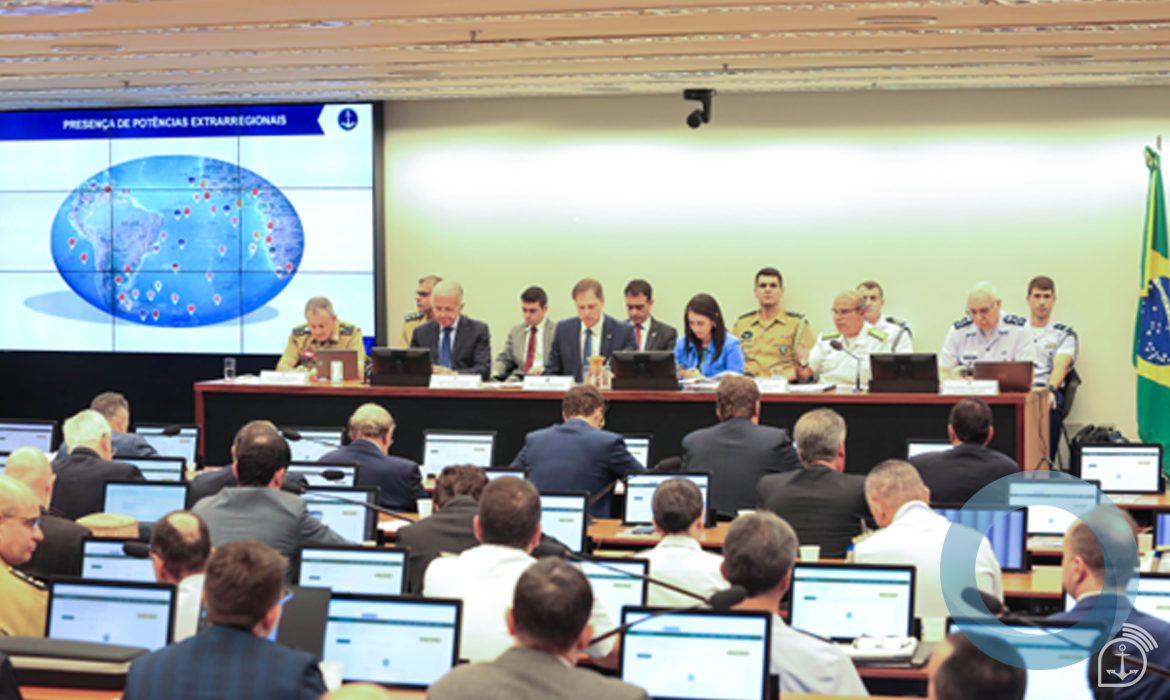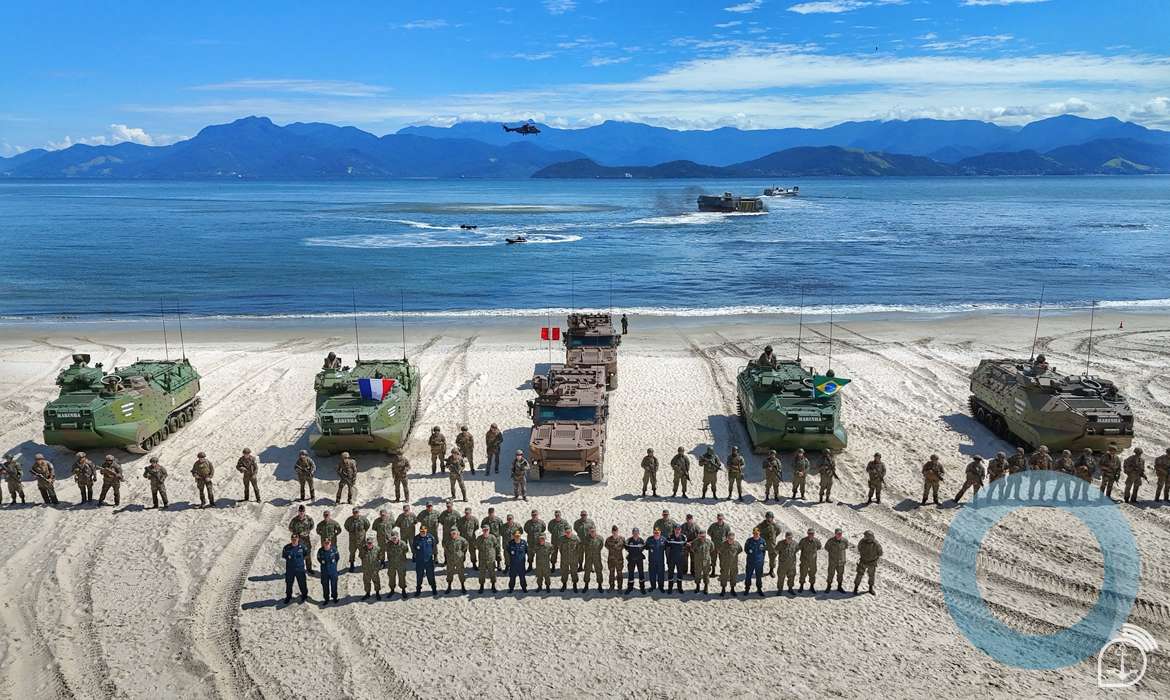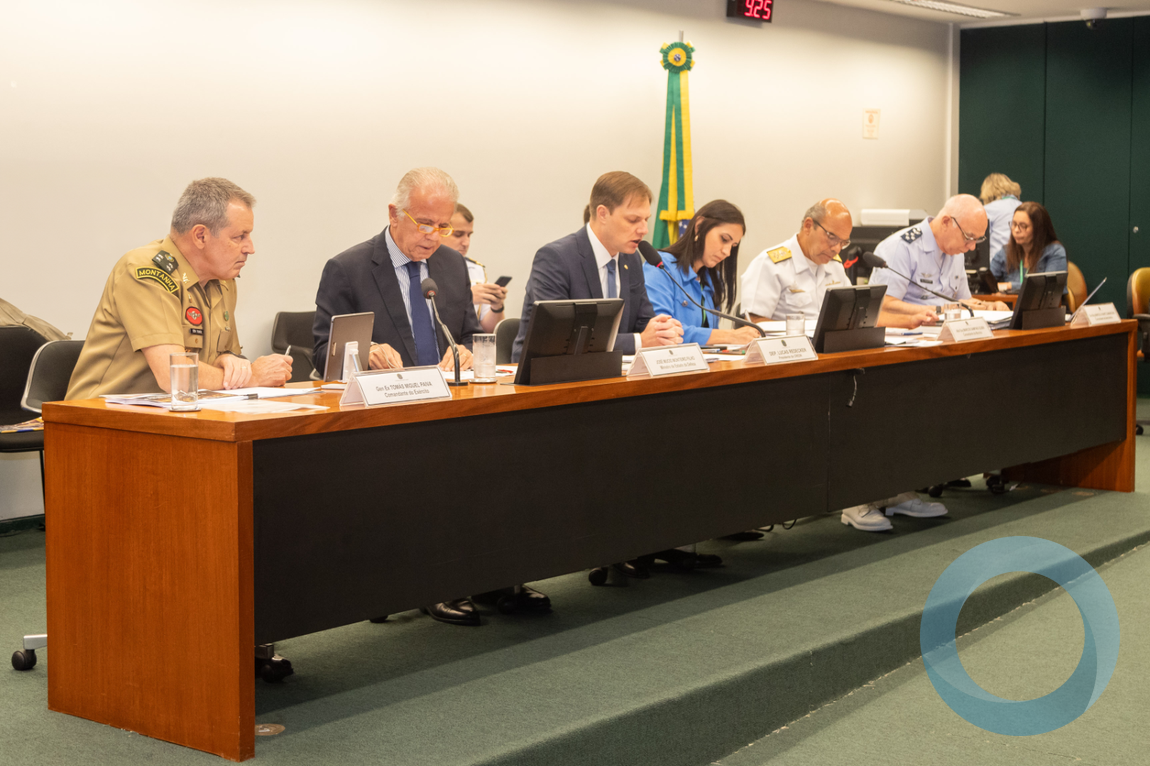By Pyotr Romanov
Source – The Moscow Times
Knee-deep in snow and whipped by gusts of frosty wind, politicians are busy with what they believe is a worthwhile debate: deciding if, in fact, a new Cold War has come. "The prerequisites for a new Cold War are lacking," said Foreign Minister Sergei Lavrov in a grim attempt to deny the West's diplomatic, political and economic attack on Moscow.
And, blindly ignoring the harm that Russian counter-sanctions have already wrought on the economies of Italy and many other European countries, Italian Foreign Minister Paolo Gentiloni spoke in the subjunctive mood to suggest that a new Cold War would be "an absolute disaster."
An expression in both English and Russian says that if something looks like a duck, swims like a duck and quacks like a duck, it probably is a duck. All the signs of a new Cold War have long been present and a simple glance out the window at the nasty political weather should convince anyone of that fact.
Russia and the West are locked in a war of information and propaganda. Mutual sanctions are in place. Both sides have dramatically increased the number of military exercises. In a return to the past, Russia demonstrates its latest military hardware during Victory Day celebrations and the West strengthens its eastern borders with heavy military equipment.
The European Leadership Network — a British NGO staffed by dozens of retired European military officials and politicians — published a report entitled "Preparing for the Worst: Are Russian and NATO Military Exercises Making War in Europe more Likely?" The ELN goes on to answer its own question: Yes, the two sides are preparing for a full-scale confrontation. Does that sound familiar? There was a time when both sides published similar reports on a regular basis.
Events in Ukraine are a nearly exact replay of conflicts during the first Cold War. Few people now remember it, but the most important lesson that the U.S. and the Soviet Union learned from the Korean War in 1953 was that the two powers could become drawn into confrontation through a regional conflict.
It turned out that, in the nuclear age, the two sides could divvy up the world and define their relationship in a form that would ensure the security of both. A number of global crises — including the Cuban missile crisis — coupled with the rapid growth of Soviet nuclear capabilities, firmly entrenched that idea in the minds of U.S. and Soviet politicians. After all, why should they have risked coming into direct confrontation?
The West and the Soviet Union always struggled with each other in proxy wars involving the troops of other countries. Moscow and Washington have never come into direct conflict in the Middle East, Asia, South America or Africa. They only helped their puppet forces with money, arms, military advisors and, of course, "recommendations" that were almost impossible for those governments to ignore. Ukraine is their first proxy confrontation in the new wave of what might become a whole series of conflicts in the continuing Cold War.
The two sides will likely use nuclear blackmail in the current Cold War, although it is almost certain tensions will not escalate to the point of an actual nuclear exchange. However, that "almost" carries considerable danger. As history shows, the risk of human and technical error increases whenever the situation markedly deteriorates. It is therefore unwise to bury our heads in the sand and deny the obvious fact that the current state of affairs is both very serious and dangerous. It is better to confront that truth than to indulge in illusions.
It also makes little sense to believe what diplomats are telling us. They are paid to say whatever the situation demands. As former British Prime Minister Harold Macmillan once rightly pointed out: "A good diplomat always remembers what he should forget." And it seems that many of today's diplomats are careful to erase the true causes of the eternal confrontation between the East and West from their minds.
Those who are unwilling to admit the existence of a renewed Cold War argue that the two sides have no irreconcilable ideological differences as the West and the socialist camp did in the past. That is true. However, the free market and democracy are at different stages of development in Russia and the West, and that alone creates a great deal of tension. The primary danger now is rooted in the distant past.
Of course, ideological, political, economic and many other factors are important because they either propel the country forward or else hinder its development. But from the standpoint of world history over the centuries, the most important consideration is the place that Peter the Great staked out for Russia during his reign.
It is that position that primarily defines Russia's potential even today — and not the tsarist autocracy, the Soviet State Plan or the free market under President Vladimir Putin. And because the "Russian bear" has not changed its stomping grounds over the past decade, shrunk to the size of a gopher or agreed to become the lapdog of the West as happened under former President Boris Yeltsin — and even went so far as to criticize the West beginning with Putin's famous speech in Munich in 2007 — distrust toward Russia has only grown.
Of course, some might argue that Western politicians' fears are greatly exaggerated because Russia is already burdened with many of its own problems: negative demographics, pervasive corruption and "sovereign democracy" that only slows its development. However, history provides some basis for the West's "uneasy suspicions."
After all, Russia has frequently upset the expectations of the West. For example, back in the time of the Peter the Great, who could have imagined that backward Muscovy would become a great world power in a single generation? And who in the West believed that the Soviet experiment could take uneducated masses armed only with wooden shovels and achieve wide-scale industrialization in such a short time?
Where is the guarantee that post-Soviet Russia will not similarly surprise the West? After all, Russians have not only refused to buckle under the weight of Western sanctions, but have rallied around their leader even more enthusiastically.
And finally, an enormous country such as Russia naturally has greater interests at stake than, say, tiny Andorra, and its interests will inevitably clash with those of others. The question is how the parties attempt to resolve that problem.
They can rely on a balance of power as the West and the Soviet Union did. The dominant player can forcefully promote its interests, as the U.S. has done on the world scene since the collapse of the Soviet state. Or else, they can compromise to achieve a certain balance of interests. So far, Russia and the West have had little success with the latter approach, and the only alternative to a reasonable balance of interests is the current Cold War involving Russia and the West.
It will take many long and difficult years of effort to extricate ourselves from the current quagmire, along with a succession of several generations of political leaders in the West and Russia.
Is it true, as former U.S. President Ronald Reagan once conjectured before the United Nations, that only an alien invasion could speed up a rapprochement between the U.S. and Russia?
Or could we somehow manage it ourselves without any meddling by Martians?






